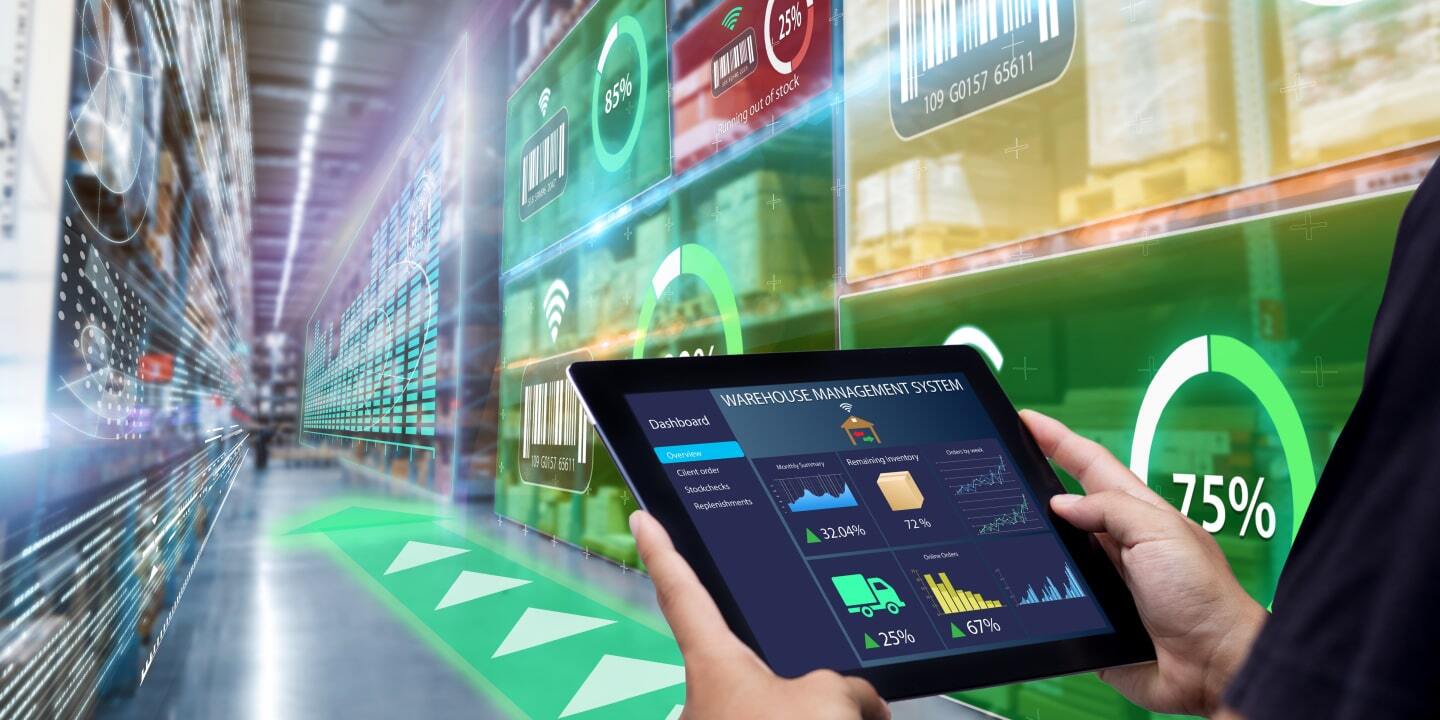
|
May
22
2023
|
General Trade VS Modern Trade: Here are the Pros and Cons!Mon, 22 May 2023
In the distribution sector, the terms general trade and modern trade are familiar. Both are distribution channels used by businesses, especially distributor companies, to channel their products to consumers. In general, general trade is a business model that involves the traditional trading of products between manufacturers, distributors, and independent traders. In the general trade channel, products are sold through traditional markets, grocery stores, stalls, and other small shops. Hence, general trade is often called general market or traditional market. Modern trade, on the other hand, is a larger, more structured retail business model that often operates in the form of minimarkets, supermarkets, hypermarkets, shopping centers, and other retail stores. In modern trade, the products sold are more varied and better organized. After knowing the definition of general trade and modern trade briefly, a question arises in our minds, "which is better? General Trade or Modern Trade?". To answer that question, let's take a look at the advantages and disadvantages of both distribution channels! Pros and Cons of General Trade 1. Advantages of General Trade - Accessibility General trade has a wider reach, making it easier for products to be accessed by many people and all walks of life. - Flexibility General trade tends to be more flexible in terms of price adjustments and product promotions, so it can attract consumers at more affordable prices. - Personal Relationship Because they operate at a local level, general trade distribution channels tend to find it easier to build personal relationships with customers and provide more personalized service. 2. Disadvantages of General Trade - Inefficient The simpler business operations mean that general trade tends to have less efficient business processes, such as poor inventory planning that often results in over stock or out of stock. - Low Quality Control General trade tends to be less able to monitor and control product quality strictly due to lack of resources and technology. - Low Brand Recognition As general trade has a wider reach, product brands may be less recognized or not seen separately. Pros and Cons of Modern Trade 1. Advantages of Modern Trade - Efficiency Modern trade tends to be more efficient in product inventory planning, stock management, and brand development. This is due to the support of more sophisticated technology. - Quality Control Modern trade has better resources and technology to strictly monitor and control product quality. - Strong Brand Recognition Modern trade tends to focus more on brand recognition and can provide consumers with a more consistent shopping experience. - Promotion and Branding Modern Trade often has a larger marketing and promotional budget, allowing them to carry out more aggressive marketing strategies. 2. Disadvantages of Modern Trade - Lack of flexibility Modern trade has more complex business operations, so this distribution channel tends to be less flexible in terms of price adjustments and product promotion. - Limited reach Modern trade often only operates in big cities, so the product range is smaller and only accessible to a small portion of the population. - Lack of personal relationships Modern trade has a larger operating business, so this distribution channel tends to be less able to build personal relationships with customers and provide more personalized services. These are some of the advantages and disadvantages of general trade and modern trade. This can be a consideration for prospective businesses to adjust to their business goals and needs, business profile, and business environment. However, for distributor companies, the advantages and disadvantages of the two channels must be adopted and combined well so that it can be a strategy to maximize the benefits obtained by the company and meet the diverse needs of customers.
#distribusi
#generaltrade
#moderntrade
|
 Back
Back




